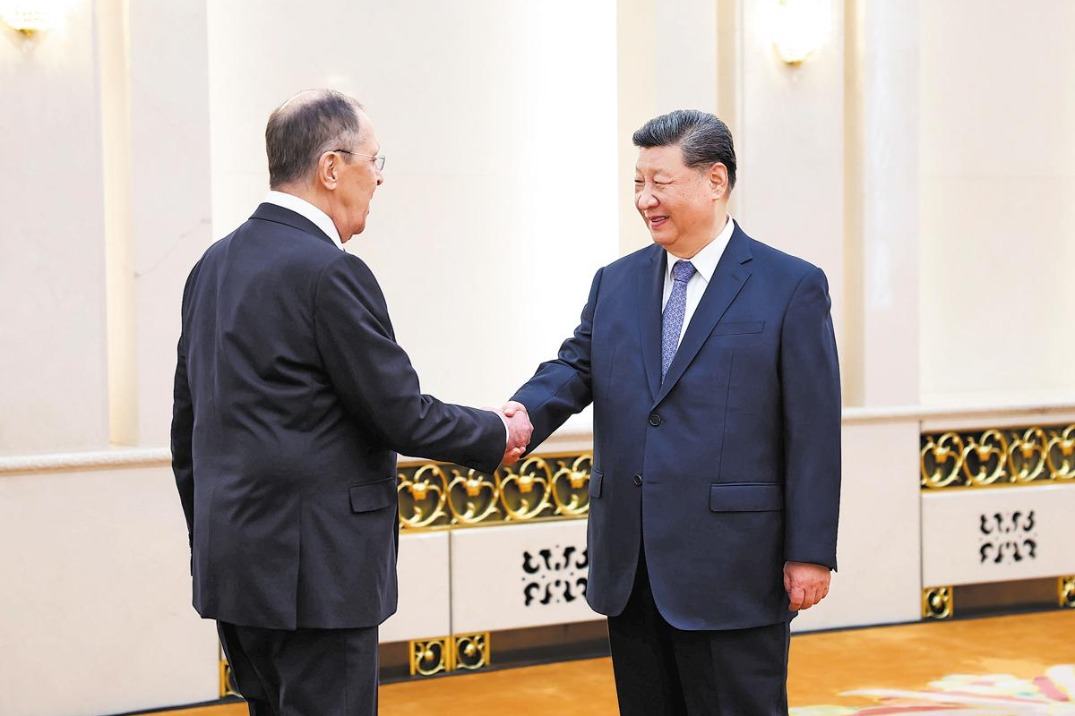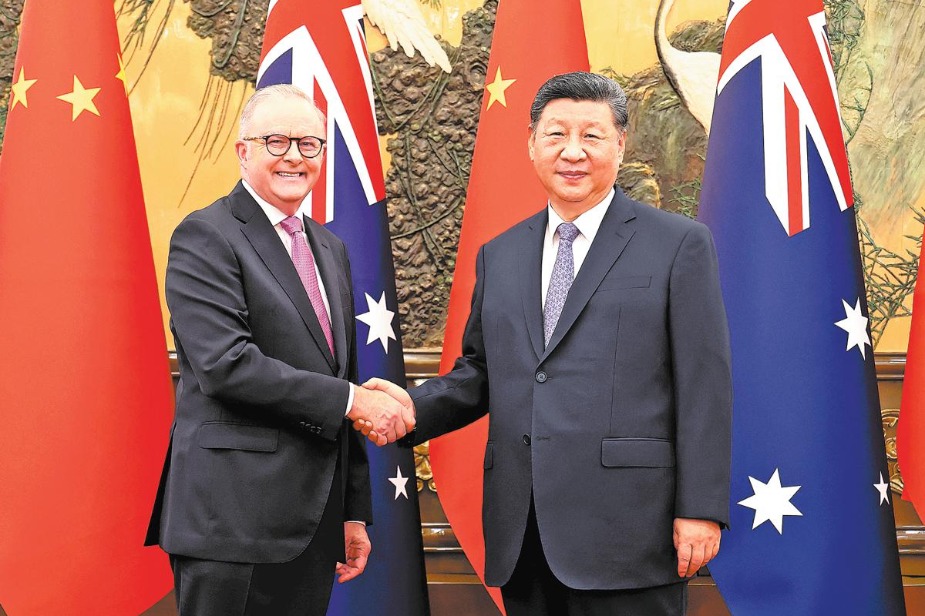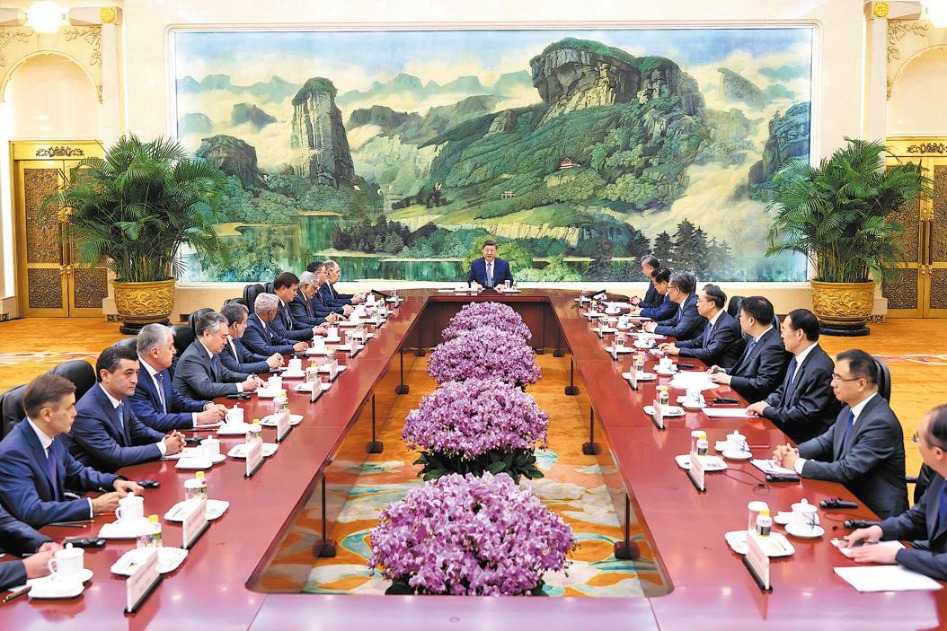Growing appetites develop for healthy eating


Natural ingredients
The chocolate that Xu, the investment freelancer, adores is made by Bengtang, a new brand founded last year by Li Kun-hsing, a doctor who graduated from Shandong University of Traditional Chinese medicine.
During studies for his doctorate, Li noticed in his research that cancer is directly or indirectly related to sugar. When he returned to his hometown in Taiwan in 2010, he started to develop food that contained no granulated sugar.
After the pandemic emerged, the 44-year-old set out to launch a brand for domestic and overseas customers that did not contain granulated sugar.
"We named our brand Bengtang, because in Chinese this literally means 'no use of sugar'," he said.
Li aims to use natural ingredients in his chocolate product, instead of raw materials sourced from chemicals, by looking to compound prebiotics extracted from plants such as corn and seaweed to replace granulated sugar.
"Prebiotics are part of a natural sugar substitute ... They have different characters-some can withstand high temperatures, while others can't, so our goal is to find the most appropriate proportion for each," he said.
Li added that a research and development group visited many countries to learn about making chocolate. The team found a recipe to make chocolate with an especially smooth taste-the solution being to solidify it at a temperature of 5 C.
"We have been inspired by the methods used to make premium whisky and wine," Li said.
The first Bengtang branch in Beijing opened in May in the Wangfujing area and there are also three stores in Shanghai. In addition to chocolate, the outlets sell coffee and ice cream.
"We don't offer sugar to our clients who order coffee, as we want them to taste the original flavor of the coffee beans, which we roast ourselves," Li said. "Even when customers order takeaway coffee and want to add sugar, we suggest they add a sugar substitute."
Li said price for the brand's chocolate products are above average (about $21 for a 110-gram box) as natural extracts are used, which have high research and development costs. "We believe that an increasing number of customers are willing to pay for a healthy lifestyle," he said.
"People born since 1990 are placing more emphasis on 'anti-aging', so they go to the gym, take cosmetic medicine and eat less sugar content in their daily diet," Li said.
According to a report on the market and prospects for China's fitness and weight-loss sector issued by an industry research institute last year, the market size in the second half of 2019 for functional food aimed at weight loss reached about 194.5 billion yuan ($30.28 billion) and will rise by more than 402 billion yuan by 2023.
Sun Gonghe, director of the China Chain Store & Franchise Association, said that since the onset of the pandemic, consumers have focused more on healthy eating.
Zhang Yimeng, founder of low-sugar bread chain Guaishoubuyanshi, said customers' requirements for bread and desserts have become more diverse.
"In the past, clients only wanted their food to be tasty, but now they need it to be both healthy and attractive. It's even better if food provides nourishment, so they always check related information when buying processed items," she said.























